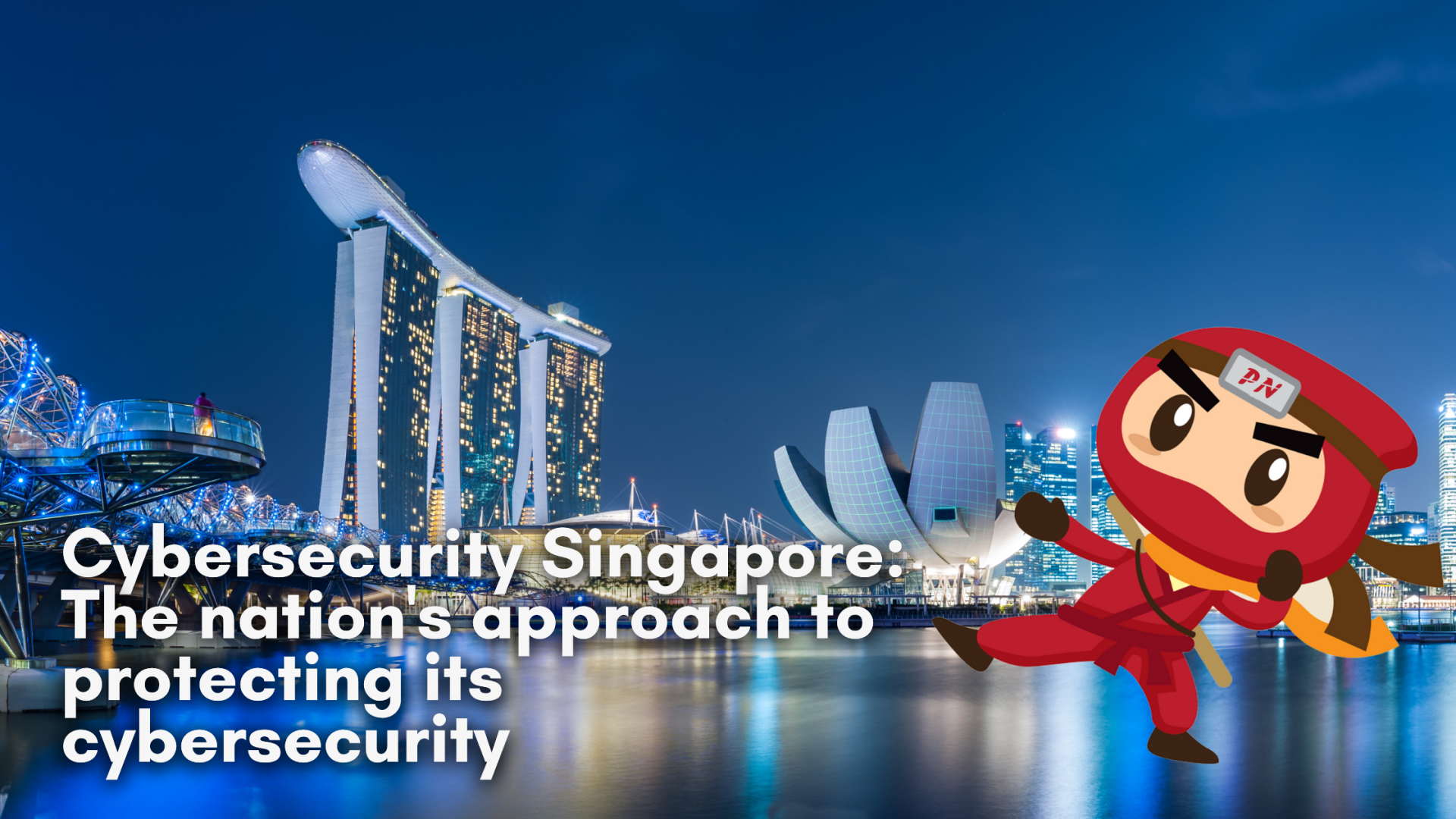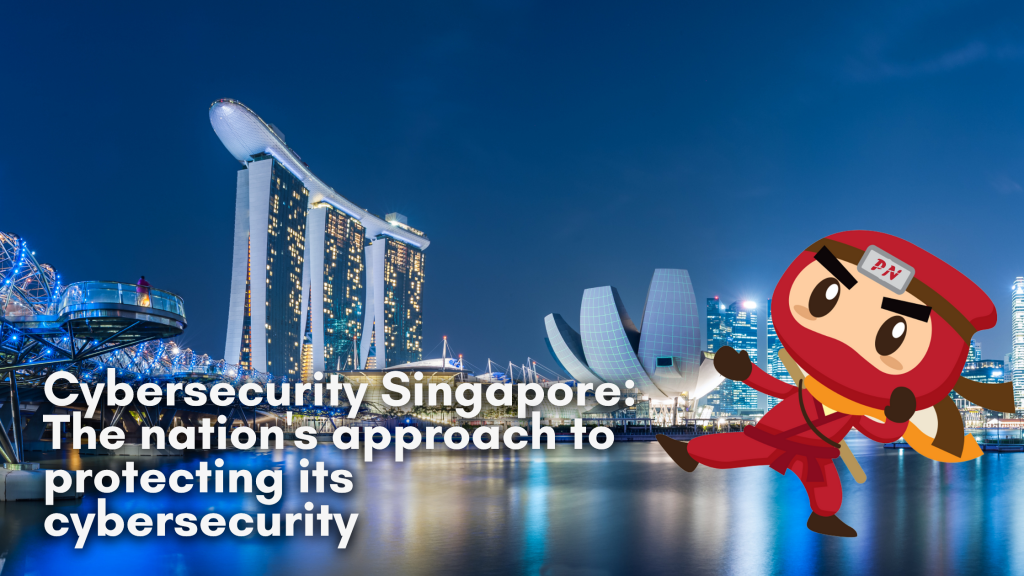KEEP IN TOUCH
Subscribe to our mailing list to get free tips on Data Protection and Cybersecurity updates weekly!







SINGAPORE: Singapore presented a revised national cybersecurity plan on October 5, 2021. It would seem that the country takes a more proactive approach to defend its infrastructure and enhance capabilities when new cyber threats and technological advancements occur.
The Cyber Security Agency of Singapore (CSA) will analyze businesses whose disruption might have substantial ramifications for the rest of Singapore under the Singapore Cybersecurity Strategy 2021.
The CSA stated in a press statement that it would determine the best strategy for these non-CII organizations to manage and reduce risks.
The policy, which was developed in collaboration with business as well as local and foreign academics, expands on the first national cybersecurity strategy, which was announced in 2016.

CSA previously focused on enhancing the legal framework to enhance the cyber resilience of the country’s 11 critical information infrastructures (CII), including healthcare and water.
According to CSA, the modified approach will now focus on capability building, such as technological capacities, to identify and evaluate hostile cyber activity in order to defend CIIs.
In addition to safeguarding Singapore’s infrastructure, the CSA will work to raise the overall level of cybersecurity across the country by making cybersecurity simple and practical for end-users.
Last year, the CSA published a master plan detailing actions for companies and individuals to promote safer and more secure cyberspace in Singapore.
This involves safeguarding National Internet Infrastructure to keep most online threats from reaching Singapore’s corporations and citizens and collaborating with industry to develop new cybersecurity solutions for end-users to plug and play.
Also Read: PDPA compliance for the healthcare sector

There are also plans in the works to convert cybersecurity research and development into a source of competitive advantage for Singapore, with the CSA aiming to establish the country as an internationally recognized center for security evaluation and testing.
To do this, the CSA stated that it would expand the cybersecurity ecosystem in order to produce more “Made-in-Singapore” cyber capabilities and solutions. It will also make significant investments in people to improve capabilities and build its cybersecurity workforce.
Building on previous efforts from the first cybersecurity strategy, which identified workforce development as a key priority area and the establishment of a healthy and dynamic ecosystem, CSA will move further upstream to reach out to the young to develop their interest and abilities early.
As the breadth and depth of knowledge demanded of cyber experts grows, CSA will assist the cybersecurity workforce in continually upskilling themselves.
Meanwhile, Singapore will increase its participation in international cyber debates through CSA in order to improve global cyber norms and standards.
Singapore, according to CSA, will lead some of these debates as the next Chairman of an open-ended working group of the United Nations that examines the security of information and communications technology and their uses.
It also stated that it would endeavor to accelerate the application of the standards agreed during these conversations and create an open, secure, and interoperable cyberspace.
Senior Minister and Coordinating Minister for National Security Teo Chee Hean remarked at the Singapore International Cyber Week opening ceremony that the revised policy articulates Singapore’s commitment to defending the wider internet in an increasingly complex environment.

He says it also tries to solve digitalization challenges such as rising geopolitical conflicts in cyberspace and pervasive digital connection, which have increased the attack surface.
“We cannot halt development; we cannot hit the “pause” button, establish a cyber-secure environment that is integrated, interoperable, and error-free, and then push the “play” button again,” he stated.
That is why he says there is a need to develop an agreement on rules, norms, principles, and standards for the digital domain at the local, regional, and global levels.
“Countries must collaborate to build new governance concepts, rules, and standards for the digital commons in order to maintain trust and confidence,” Mr. Teo added.
He noted that because cyberspace transcends physical boundaries and many systems span many nations and authorities, governments must work closely together to synchronize their policy approaches to dealing with and policing cross-border cyber risks.
This year’s Singapore International Cyber Week, organized by CSA, will include talks on future digital possibilities and dangers, cyberspace and cybersecurity policy evolution, and coordinated cyber capacity-building, among other topics.
The four-day conference, which concluded on October 8, 2021, intends to build on the momentum of discussions with senior policymakers, industry executives, and domain experts from ASEAN and around the world on critical issues of cybersecurity.
Also Read: PDPA compliance for Singapore schools